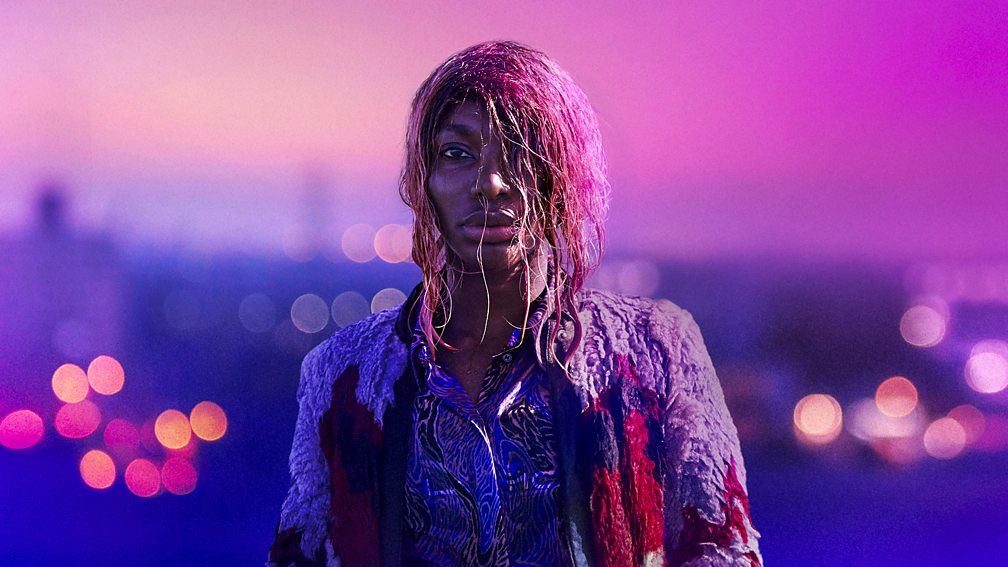When Michaela Coel’s groundbreaking depiction of the realities of surviving sexual assault, alongside a rejuvenated and authentic representation of Black British life, was released back in June it was heralded by critics and viewers alike and earmarked for awards. However, when award season arrived and the Golden Globes became the first to release their nominations, I May Destroy You was glaringly absent.
This in itself felt like an insult. I May Destroy You was a revelation that felt perfectly timed in the wake of nationwide Black Lives Matter protests. As a story of trauma but also heart and humour I May Destroy You was a trailblazing triumph for Coel who wrote, co-directed, executive produced and starred in the show. Yet it has not been recognized by the powers that be. When considering other nominations, the absence becomes less an insult and more an injustice as Emily in Paris, the widely trashed Netflix comedy, was recognised for Best Television Series: Musical or Comedy.
Emily in Paris is a series which portrays enjoyable escapism in the streets of pre-pandemic Paris. In many ways, it was exactly what was needed when it was released in October as we faced a long winter in lockdown. However, when considering awards, it was universally accepted that Emily in Paris would be left unacknowledged. For the show to be graced by two nominations was a shock, even to the show’s writers. Indeed, Emily in Paris writer Deborah Copaken expressed “rage” that Emily in Paris was nominated over I May Destroy You.
The I May Destroy You snub was not the only nomination to ignite controversy. Sia’s first feature-length project Music was twice nominated by the Golden Globes. The film follows a non-verbal girl on the autistic spectrum who is taken in by her troubled sister but Sia’s choice to cast neurotypical actress Maddie Ziegler in the role has been labelled as ableism. Many have criticised the use and seeming condonation of physical restraint in the film to subdue Ziegler’s character as the use of physical restraint on autistic people can be incredibly dangerous. Sia has since apologised and stated that a warning will be provided prior to screenings. For Music, a film with the potential to increase the stigma faced by autistic people while also threatening their physical safety, to be rewarded with two nominations seems worryingly counterintuitive. Three disability advocacy groups have penned an open letter expressing grave concern and calling for Music to be pulled from release.
James Cordon’s nomination for his role in The Prom, a star-studded movie-musical centring on a girl who is banned from taking her girlfriend to the high school prom, has also ignited questions. Cordon’s performance received backlash for its offensive and stereotypical representation of a gay theatre star, noticeably played by a straight actor. Cordon’s is another case of an inauthentic and problematic performance recognised with a nomination.
However, this year’s Golden Globe nominations do show some signs of progress, with three out of five nominations for Best Director going to women. This represents a significant, if somewhat late, step in the right direction as, in the Golden Globes 78-year history, only five women have previously been nominated for Best Director.
Despite this, the Golden Globe’s problematic nominations range from offensive to dangerous, leading to questions regarding the quality of the decision-making process. The Hollywood Foreign Press Association, responsible for selecting the nominations, have made no significant effort to address inclusivity within their organization despite the inclusivity efforts of other awards ceremonies such as the Academy Awards. If the Golden Globe’s selection of television and film no longer reflects critical or public acclaim, what is the relevance of the award?
After the events of 2020, society is beginning to redefine what it deems important when considering justice, equality and representation and audiences are welcoming content which inspires meaningful conversation. If these nominations are anything to go on, the Golden Globes appear to be lost in pre-pandemic priorities.
Isobel Broadhurst
Image source: BBC

